EDITORIAL
Published on 06 Oct 2021
Editorial: Machine Learning for Non/Less-Invasive Methods in Health Informatics
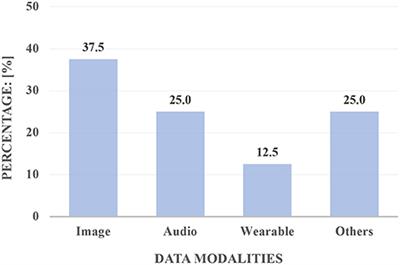
doi 10.3389/fdgth.2021.763109
- 1,194 views
26k
Total downloads
117k
Total views and downloads
EDITORIAL
Published on 06 Oct 2021

BRIEF RESEARCH REPORT
Published on 05 Aug 2021
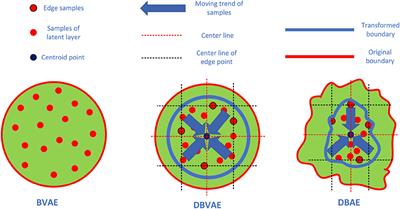
ORIGINAL RESEARCH
Published on 26 Jul 2021
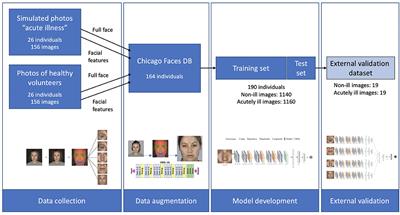
ORIGINAL RESEARCH
Published on 02 Jul 2021
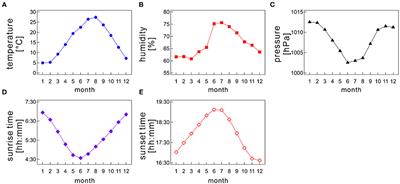
ORIGINAL RESEARCH
Published on 07 Jun 2021
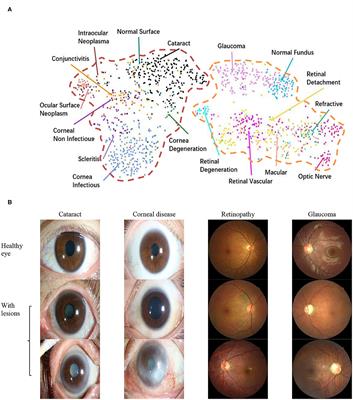
OPINION
Published on 28 May 2021
ORIGINAL RESEARCH
Published on 19 May 2021
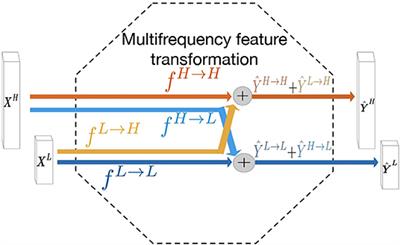
ORIGINAL RESEARCH
Published on 13 May 2021

ORIGINAL RESEARCH
Published on 09 Mar 2021
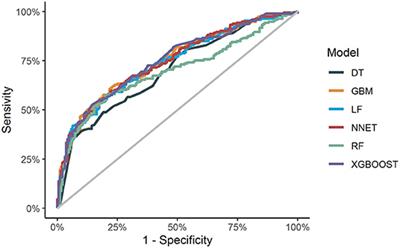
ORIGINAL RESEARCH
Published on 02 Mar 2021

ORIGINAL RESEARCH
Published on 26 Feb 2021

REVIEW
Published on 25 Feb 2021

